What a nightmare. New puppies are supposed to be a joy, yet here you are at your wits end with a puppy screaming in their
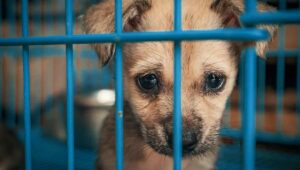
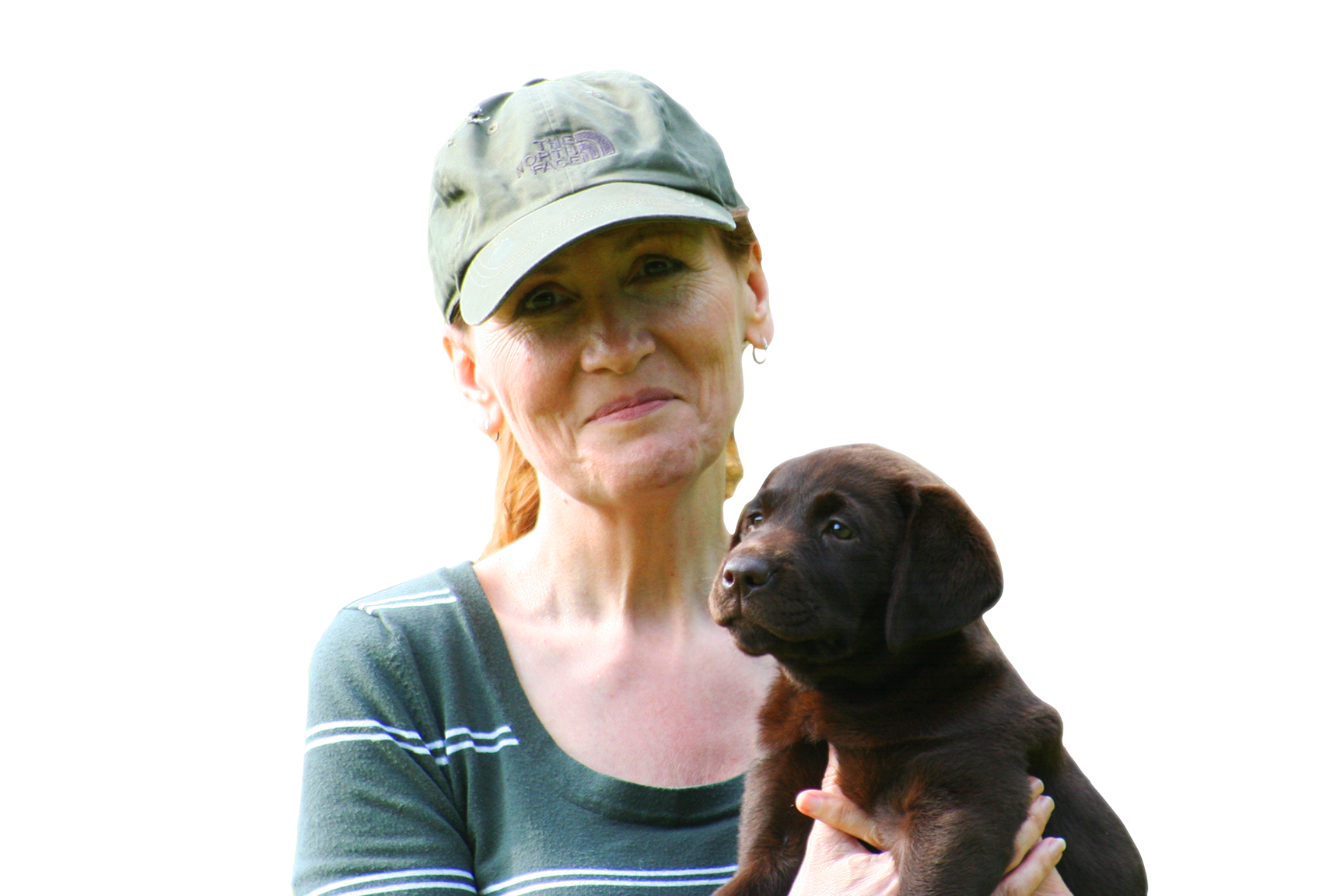

Written by: Pippa Mattinson
Socializing a puppy is all about helping your puppy grow into a friendly, confident dog.

Socialization involves exposing your young puppy to a range of different experiences during a critical period of development, that ends when a puppy is about 3 months old. This period of time is known as the window for socialization.
We’ll look first at what socialization entails, what happens if it does not take place, and I’ll give you information you need to socialize your puppy.
If you are interested in the science and theory behind socialization, you’ll find that below.
Like all social mammals, it is important for new puppies to accept and trust their own social group. That’s you, your family and your friends.
In order to enable those bonds of trust to form within the social group, puppies go through a short period of time when they welcome new friends and accept them willingly.
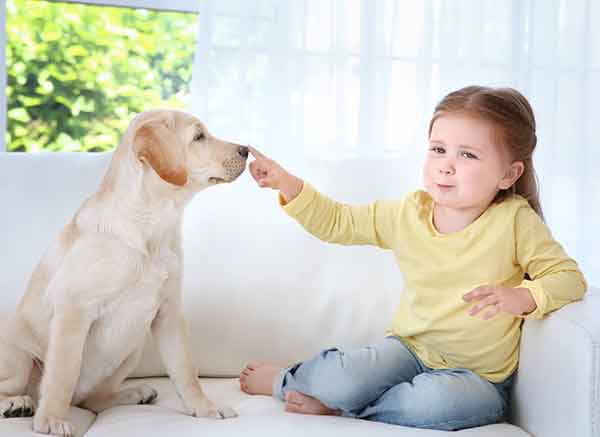
To keep wild animals safe, this window for socialization closes at around the time that the baby is ready to start exploring further from its parents, and therefore more at risk from danger. This happens to puppies too. Even though dogs are no longer wild.
The duration of the window varies from one species to another. In cats for example it closes at around eight weeks old, whereas in puppies it closes at around twelve to fourteen weeks
With companion dogs, we want their trusted social group to extend to the human race in general.
That’s because a dog that is scared of strangers, is very difficult to manage outside of the home. And can be a danger to others.
Socialized dogs are at ease in human company. They are unfazed by the hustle and bustle of our world. Happiness and relaxation comes easily to a socialized dog.
Socialized Puppies Are More
Unsocialized or poorly socialized dogs are constantly fearful. They are fearful because so many normal everyday events are scary to them.
The impact of poor socialization lasts a lifetime, and while improvements are possible, this can be a slow and demanding process
"Puppy socialization practices play a large role in the development of well-adjusted adult dogs that display few undesirable behaviors, and which can establish a positive, lifelong relationship with their owner"
Puppy Parties And Beyond: The Role Of Early Age Socialization Practices On Adult Dog Behavior. Tiffany J Howell, Tammie King, Pauline Bennet. Veterinary Medicine 2015
Many dogs are given up to animal shelters each year. One thing that many surrendered dogs have in common is lack of training and many have behavioral issues. Poor socialization is often linked to both.
Living with a fearful, nervous dog is very challenging. And because fear is the underlying cause of aggression in almost all dogs, unsocialized dogs can be dangerous
The bottom line is that happy, confident dogs bring joy to their families. And we all need more joy.
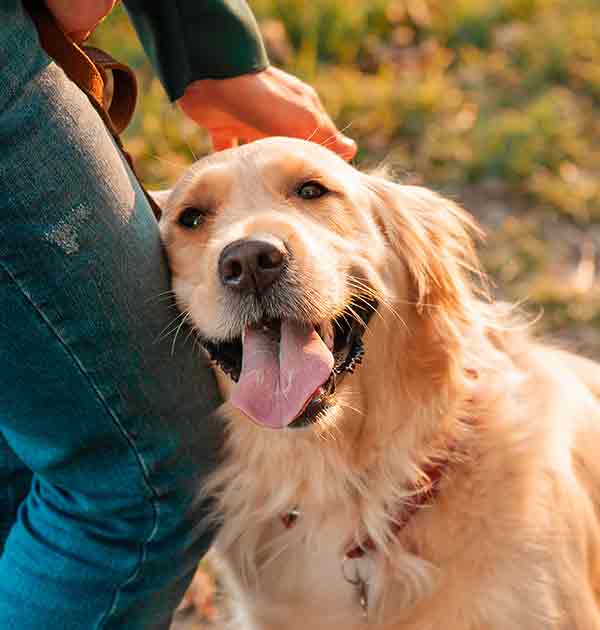
Socializing a puppy takes time and involves travel. Some of it can be done at home, but mostly it means getting out and about with your puppy, starting the very next day after you bring your puppy home.
You'll need to visit a whole range of different places within the next four to five weeks. It's intense, but the bulk of it is over within a month or so.
Your Puppy Needs To Meet
People of different ages, and sizes, especially kids, lots of them!
People in different types of clothing, people in wheelchairs, people wearing uniforms, wearing hats, carrying big objects.
Machines: trains, trucks, automobiles, refuse trucks, ambulances, construction vehicles. The noisier and bigger, the better.
If you live in a rural area you'll have to make a special effort to take your puppy into urban environments. They'll need to visit a train station, a shopping mall, ride on a bus, and hear traffic, sirens, and the general noise of a busy town center.
Some puppies will initially be scared of some of these things, and your job is to show the puppy that they are safe.
Tips For Socializing Puppies
Let the puppy set the pace:
Approach new things as the puppy relaxes, retreat a little bit if the puppy is scared
Food is your friend:
Take the puppy's breakfast with you! Use food to give the experience the 'feel good factor'
Once is not enough:
Puppies need these experiences repeated, especially if it took them a while to relax
Never force a frightened puppy to look at or approach a scary object, instead retreat to a distance where the puppy feels safe, and is able to eat the tasty treats you have bought with you to distract them.
At one time it was thought that puppies should stay at home until their vaccinations were fully effective.
Unfortunately the window for socialization is closed by this point.
"it should be the standard of care for puppies to receive socialization before they are fully vaccinated"
Position Statement On Puppy Socialization. The American Veterinary Society Of Animal Behavior (pdf)
We now know that socialization is so important puppies must be taken out and about before their vaccinations are fully protecting them against disease.
And studies have shown that puppies enroled in socialization classes during this period are not more likely to get sick than puppies kept at home
Out in public you can help protect your puppy from infection by keeping them off the ground where other dogs have peed or pooped. And by keeping them away from unvaccinated adult dogs.
Now you might think that some breeds don’t need socializing. Breeds like Labradors, and Golden Retrievers for example. They are naturally friendly, right?
It’s true that some breeds, and some individuals within breeds, are easier and quicker to socialize than other dogs. But all puppies need some socialization.
Puppies that are deprived of socialization will never be as relaxed and friendly as their littermates that were properly socialized. No matter what their breed.
Much of the work on socialization was carried out several decades ago. In a study carried out in the 1960s litters of puppies were raised in fenced fields and different litters were exposed to (and deprived of) human company, at different stages.
The scientists noted that "unless socialization occurred before 14 weeks of age, withdrawal reactions from humans became so intense that normal relationships could not thereafter be established".
They also noted that in the absence of socialization puppies started to withdraw from humans at just 5 weeks of age.
Because the impact of early experiments on depriving puppies of social experience showed such profound effects, it would be unethical to repeat them.
More recent studies have looked retrospectively at dogs with behavioral and fear issues, and these experiments have upheld the basic premise that socialization is not only a good thing for all breeds of dog, it is essential to secure a happy and confident future for any canine.
Dogs that are not socialized are fearful. A large study was published in August 2000 based on a survey of people that had adopted a dog from a shelter in Northern Ireland
Over five hundred people responded to the survey, and the majority reported a behaviour problem in their dog. Most commonly, fearfulness.
Fearfulness does not just make dogs unhappy. It is a leading cause of aggression towards humans.
According to a study published in the British Medical Journal in 2007, over a quarter of a million people in the UK attend A & E departments after dog bites each year. And according to the American Veterinary Medical Association, currently four and a half million people are bitten by dogs in the USA each year.
These are sobering figures. Of course some dog bites are minor injuries. But it is clear that we need to do more to improve this situation. And the best contribution you can make, is to socialize your puppy thoroughly.
So does socialization guarantee a great outcome for my puppy? Do genes not play much of a part in friendliness and confidence in dogs?
The answer to that is that socialization is not a guarantee of a good outcome. Genes do play a part in the behavior of all dogs and that includes those breeds with a reputation for friendliness. Sometimes other health related factors may come into play.
Many experienced dog owners, myself included, have at some point come across a dog that develops serious fear and anxiety traits, despite extensive and thorough socialization.
But while we cannot guarantee your dog will be happy and confident because you socialize them thoroughly, the weight of the evidence suggests that they will fare much better than they would without socialization.
If you fail to socialize your dog, it is more likely that your dog will be fearful in some, if not many, situations that they come across on a daily basis
And that is no fun for your dog
Because genetic information plays a significant part in your puppy’s final temperament, and because early experience, is important too, your choice of breeder is critical.
A good breeder will ensure that the socialization process is well underway long before your puppy leaves their mother and siblings.
But they will also take care to eliminate dogs with poor temperament from their breeding programs.
That can be a tough call for a breeder to make when they have spent time and effort in raising and training a dog that is in every other way perfect. It requires integrity and a sense of responsibility to the improvement of the breed.
So do pick your breeder carefully

What a nightmare. New puppies are supposed to be a joy, yet here you are at your wits end with a puppy screaming in their

Puppies pee and poop a lot! Potty training teaches your puppy where to eliminate, and a good potty training system helps you manage your puppy
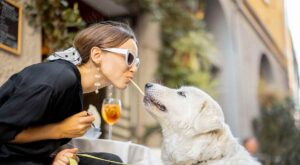
Many of the things that dogs need to stay well, and to be contented, are free. And most of them don’t take too much of

Inbred dogs are bred from parents that have a close genetic connection. These can be as close as parent to child, cousin to cousin, or

Poop eating is one of the worst things dogs do, but although disgusting this is a surprisingly common problem. Working out how to stop your

The dog pregnancy calendar is 63 days or 9 weeks long on average. It starts at the point of ovulation, and ends with the puppies’
To read more puppy feeding articles, check out our library of breed specific puppy feeding guides
Recommended: